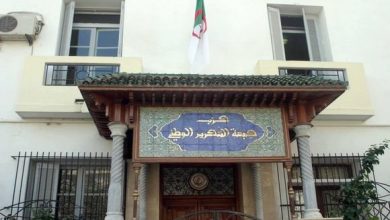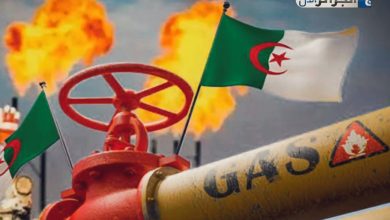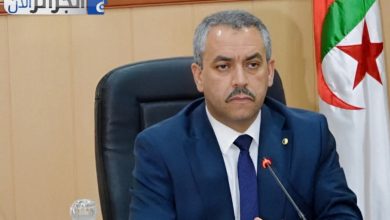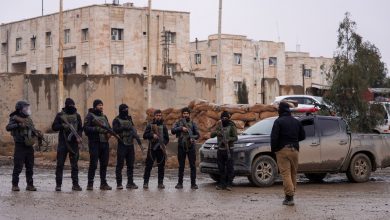Bissau, Guinea-Bissau – The vote counting process is underway in Guinea-Bissau following Sunday’s elections, where citizens cast their ballots to elect a new president and members of parliament. The elections are taking place against a backdrop of political tension and deep polarization within the nation.
Incumbent President Umaro Sissoco Embaló is seeking a second term in office. He faces strong competition from 47-year-old Fernando Dias, who has the backing of former Prime Minister Domingos Simões Pereira, the runner-up in the 2019 elections.
Embaló cast his vote in Gabu, located approximately 200 kilometers from the capital, Bissau. He urged citizens to participate in the democratic process, stating, “I am the one who will serve for a second term, and I hope that the electoral process will proceed calmly and peacefully.”
Dias, on the other hand, has accused the authorities of employing “repressive tactics” against his supporters. He asserted that his party “will not accept arrests or restrictions” and called on voters to vote for “change, national unity, reconciliation, peace, and an end to autocratic rule.”
These elections are occurring amidst increasing challenges after a series of coups and electoral disputes in several countries, raising concerns about potential repercussions for regional stability.
The opposition has questioned the legitimacy of Embaló, a former army general, demanding the annulment of the previous presidential election. They also accuse him of exceeding his constitutional term by several months.
Reports suggest that Embaló, 53, is the frontrunner in the presidential election, especially after the exclusion of former Prime Minister Domingos Simões Pereira, who was considered his main rival for the position. In the 2019 elections, the current president defeated Pereira with 54% of the votes, becoming the leader of this West African nation with a population of two million.
Analysts believe that the biggest challenge after the announcement of the results will be “building a stable political system and establishing institutional controls that limit the abuse of executive power,” according to African reports and studies.




